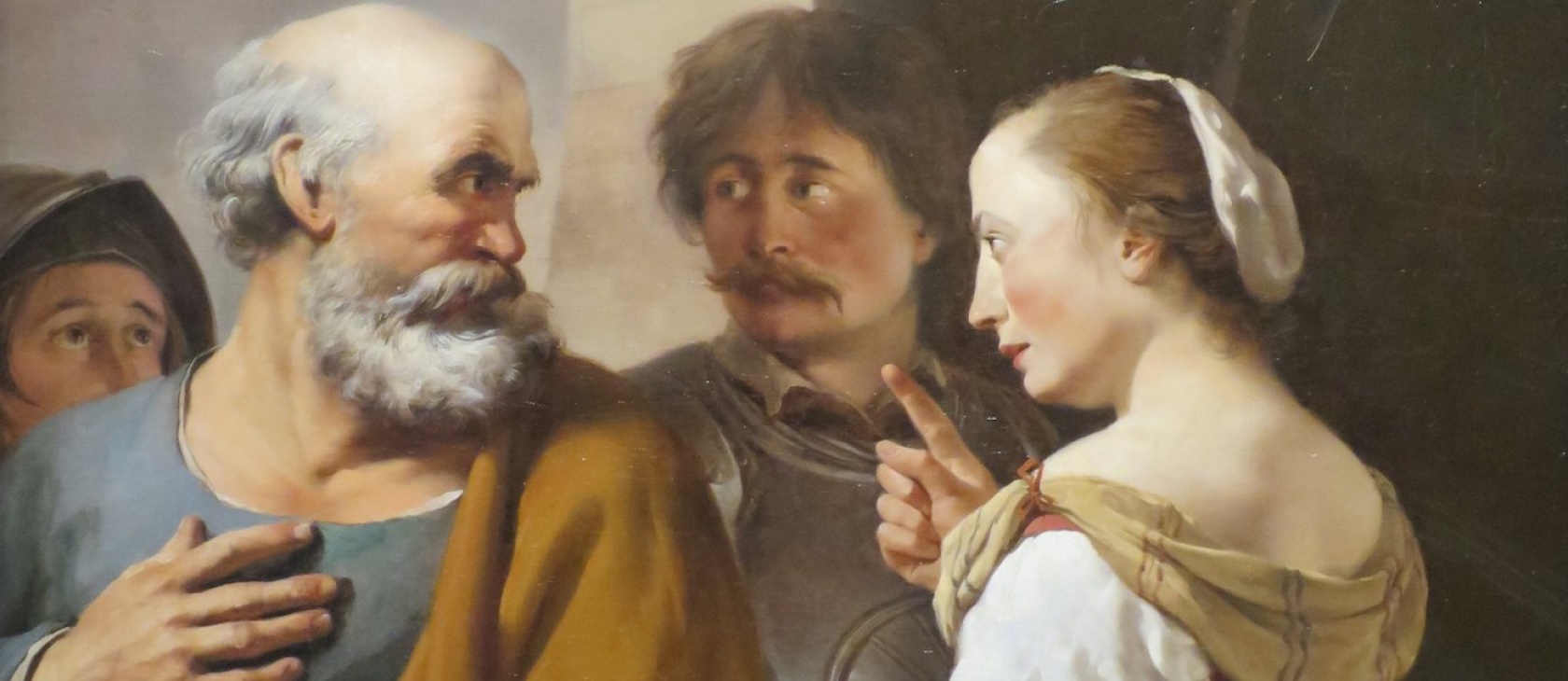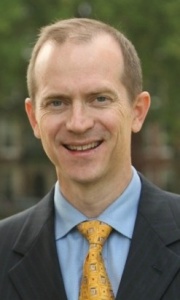This week, June 29, was the solemn feast of Saints Peter and Paul. The Apostle Peter is remembered for many things: his declaration of Jesus as the Messiah; his boasting of fidelity, followed by his threefold denial of Christ; and his subsequent repentance and heroic martyrdom
The late French anthropologist and former Stanford professor Rene Girard has an insightful discussion about the denial of Peter and the problem of scapegoating and contagion. He sees in it an archetype of the whole human race.
Girard argues that this scene is one of the most powerful stories in the Gospels, and in all literature. He says that “Peter is all man—and men cannot resist mimetic contagion. When you are in a crowd, you become literally possessed by the crowd.”
Girard warns that we should not simply think of this as Peter’s personal psychology and fear. Peter is not a “special case” or “weak individual.” He is representative of contagion and a willingness to go along with the crowd. Girard also observes that Peter’s denial of Jesus was not spurred on by a violent mob, or even first by a group. It begins with a servant girl, a young lady. This seemingly insignificant description, he says, provides “precious information” about the nature of what is going on. It is not that Peter is sexually attracted to her, but she is young; she has an appeal that an older woman would not. Girard says that Peter wants to show her that he is not one of the outcasts, the bad guys. He has the right opinions. He is part of the crowd.
How do you show you are part of the crowd? You join in scapegoating.
&
“How can we all have the ideas of our time?”
Girard asks why we all have the same ideas. How do we become creatures of our time? We get infected by the mob phenomenon and “collective passion.” He notes that in the past, everyone believed in God, but “it didn’t mean much.” And today everyone is inclined not to believe in God – not because of any scientific evidence, but because that is what is fashionable. The power of fashionable opinion shaping our desires plays a bigger role than we imagine.
Throughout his work, Girard explains the power of imitation, which he calls “mimetic desire.” We don’t simply want things because of our own desire, separated from everyone else. We want things, because other people want them. We see the powerful influence of the crowd. We are all susceptible to it all the time.
Peter thought himself immune. In his “second conversion,” he becomes humbler. He no longer responds with overconfidence. When Jesus asks him three times if he loves Him, his self-awareness has matured. He declares his love but is modest. And in his modest love, he is able to make the ultimate sacrifice.
Girard notes that this short passage about Peter’s denial is “infinitely more powerful to tell you about what society is, more than any other text.”








